
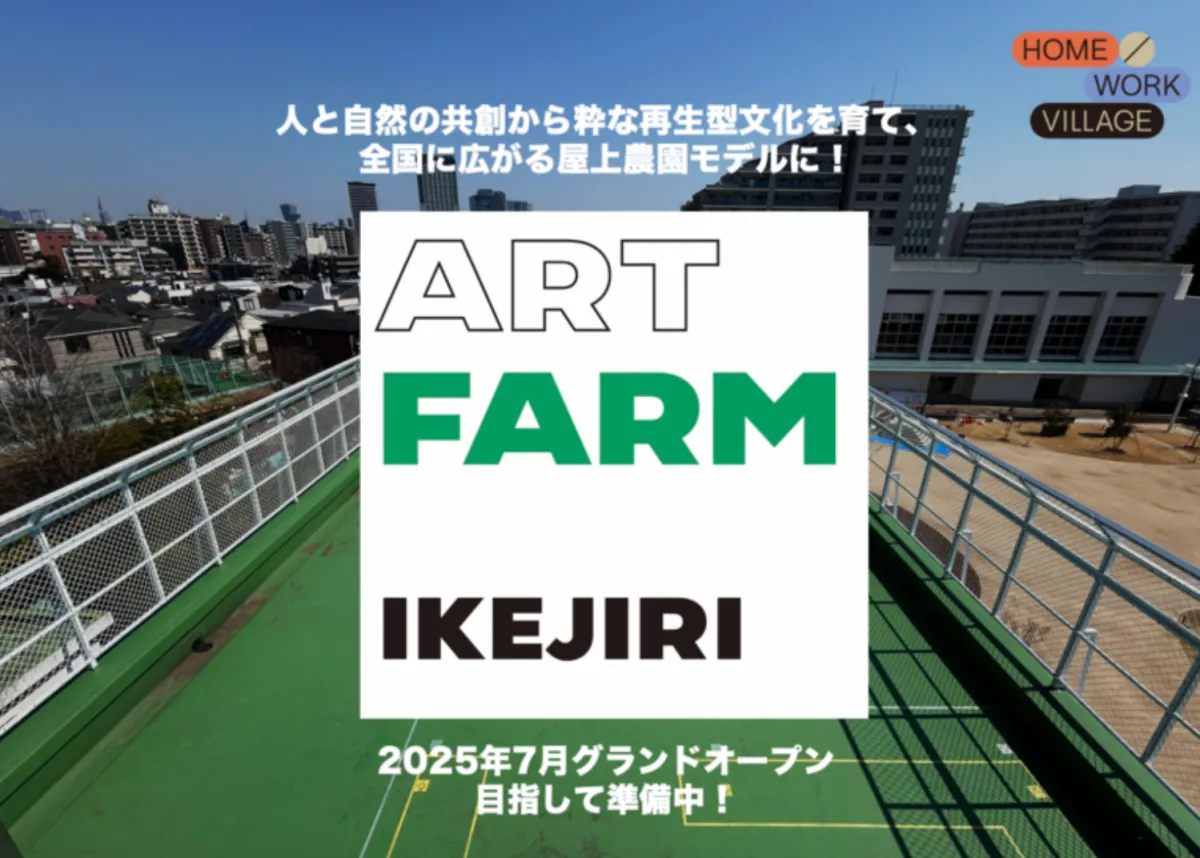
Creating Sustainable Urban Agriculture: ART FARM IKEJIRI and Rice & Miso Project
Bridging People and Nature in Urban Spaces
In a world where urban living often distances us from nature, innovative initiatives like ART FARM IKEJIRI in Tokyo and the Rice & Miso Project in Kobe are redefining our relationship with food and agriculture. These projects, led by MotionGallery, are designed to foster sustainable urban living through collaborative efforts between micro-farmers and organic rice cultivators.
ART FARM IKEJIRI: A Third Place for Urban Connection
Located on the rooftop of a former school in Setagaya, Tokyo, the ART FARM IKEJIRI project is set to open as a vibrant community space where individuals can connect with nature and each other. This initiative aims to promote the rooftop farming model across Japan, allowing urban dwellers to engage in agricultural practices, share harvests, and learn from professional gardeners.
Funded through crowdfunding, the project sets a goal of raising 3.5 million yen by June 23, 2025. Contributors can participate in farming activities, learning opportunities, and community-building events, making it a hub for creativity and collaboration.
The inspiration for ART FARM IKEJIRI stemmed from the book “Urban Farming Life,” which explores urban farms and key figures in sustainable agriculture across Tokyo. Through this initiative, participants can touch the soil, grow their own food, and appreciate the various benefits of incorporating farming into urban lifestyles. The project advocates for a cyclical and cultured society where all ages, backgrounds, and professions unite through agriculture.
Why Now? The Need for Urban Farming
Urban farming has gained significant attention amidst the challenges posed by climate change, declining biodiversity, and the need for sustainable food production. With predictions estimating that 70% of the world’s population will reside in urban areas by 2050, reinventing cities through green practices is becoming increasingly critical. Urban farming enables individuals—from corporate employees to homemakers—to cultivate food, fostering community and well-being.
Research indicates that participants in urban farming initiatives experience heightened well-being and social connectivity. The act of nurturing plants creates a therapeutic environment that encourages greater interaction among diverse groups. The vision behind projects like ART FARM IKEJIRI is to inspire collective awareness regarding sustainable practices and re-envision our relationship with nature and the food we consume.
Rice & Miso Project: Revitalizing Traditional Agriculture
Meanwhile, in Kobe, the Rice & Miso Project seeks to transform the food production landscape by establishing a collaborative hub for micro-farmers and organic rice producers. The project aspires to create sustainable business models that will encourage the next generation of farmers to engage in organic rice cultivation using traditional techniques. Set to launch in July 2025, the initiative aims to raise 2 million yen through its crowdfunding campaign, emphasizing the importance of reconnecting urban consumers with their agricultural roots.
The project’s slogan, “Respect the Roots, Grow the New Future,” encapsulates the goal of changing perceptions about food production and its cultural significance. By advocating for an enhanced awareness of the value of local agriculture and organic farming, the project aims to establish a community where food systems are both sustainable and culturally enriching.
Key Features and Goals
1. Share Farm Experience: Participants can grow and share vegetables, herbs, and fruits with friends and family. Guided workshops by professional gardeners will facilitate enjoyable learning experiences.
2. Vineyard Developments: The project will cultivate wine grape varieties in collaboration with regional wineries, creating opportunities for wine education and events.
3. Workshops and Community Events: Those interested can partake in various workshops that connect people with nature—covering topics from urban permaculture to seasonal cooking practices.
4. Marketplace and Agricultural Events: Regular events featuring local farmers and artisans will help build a sense of community while promoting sustainable practices in urban settings.
5. Composting Initiatives: Programs for composting and sustainable waste management will be integrated, promoting ecological practices within the community.
6. Kitchen Facilities: Spaces for cleaning and preparing harvested produce will be built, designed to facilitate eco-friendly practices.
In conclusion, initiatives like ART FARM IKEJIRI and the Rice & Miso Project pave the way toward a sustainable future where urban lives harmoniously blend with agricultural practices. As these projects gain momentum, they encourage communities to reconnect with the sources of their food, fostering an environment where nature and humanity coexist. Join the journey of transformation through the art of farming, sustainability, and community.
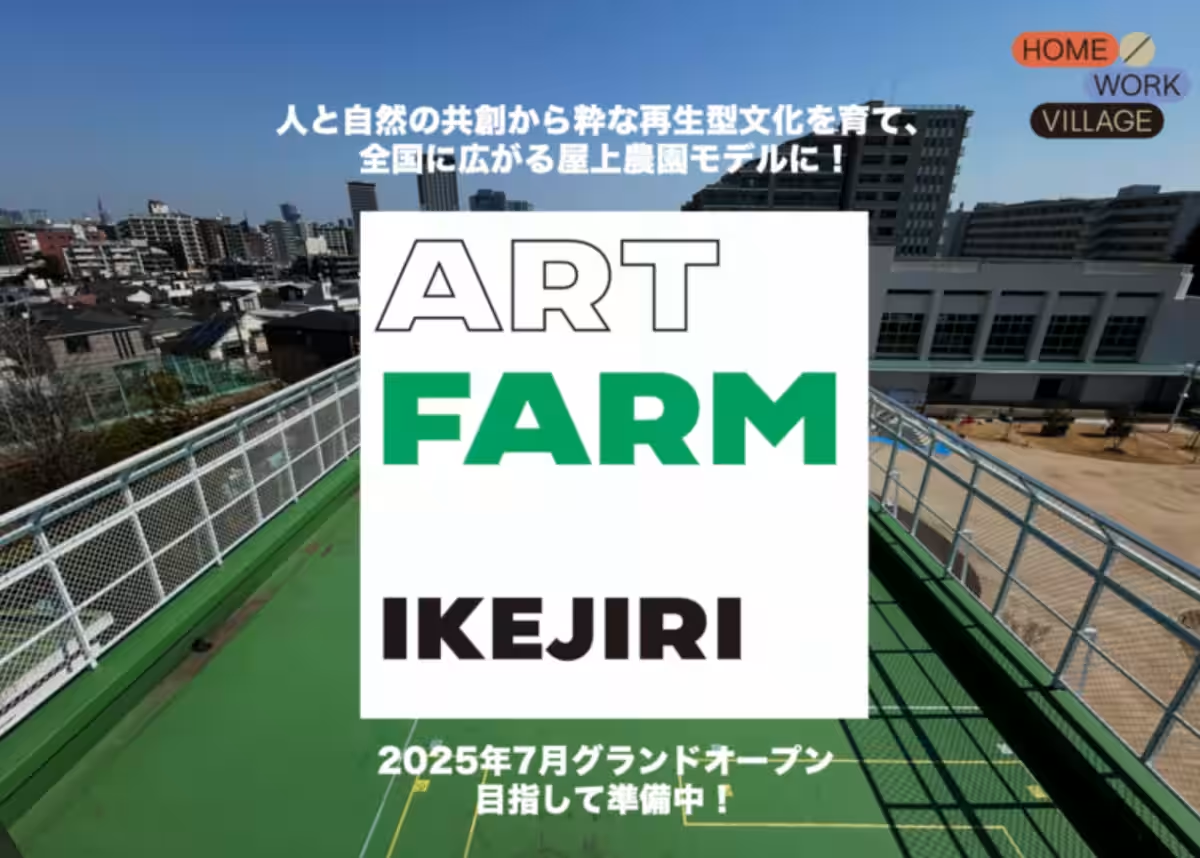
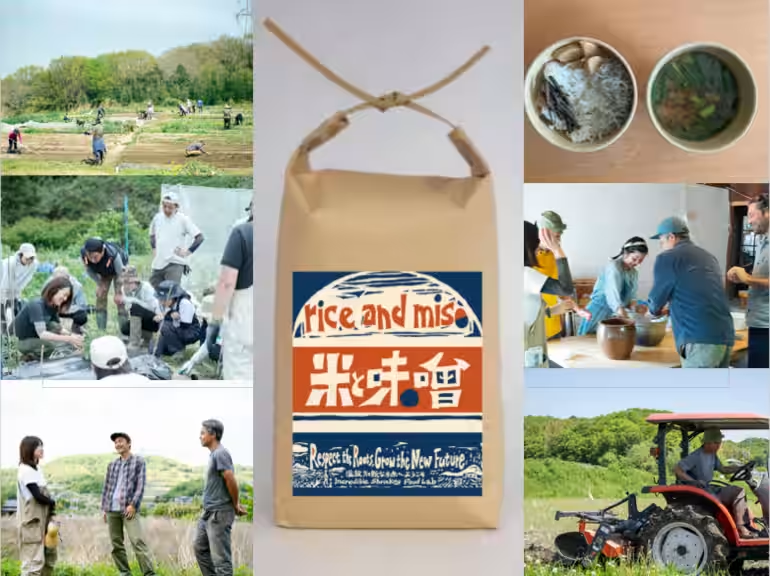
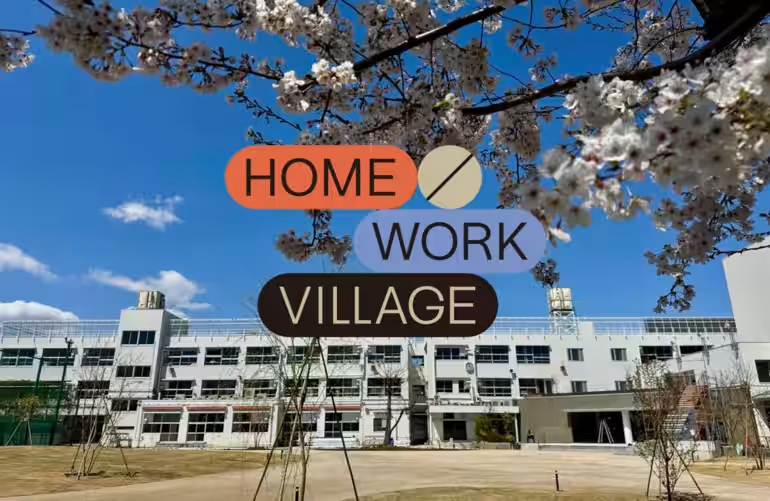
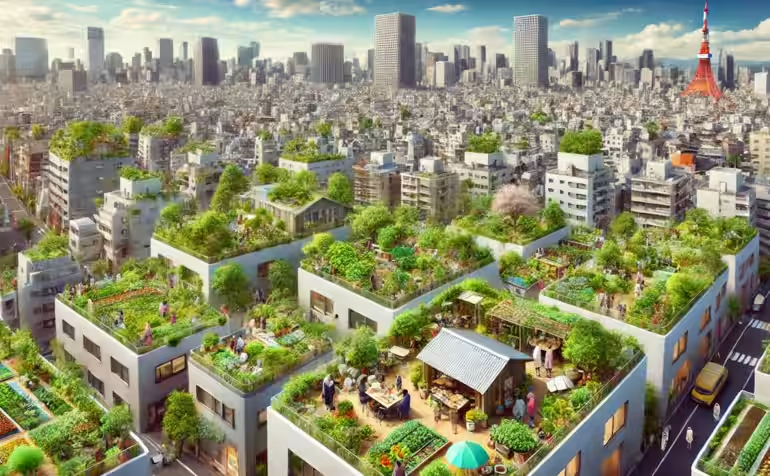
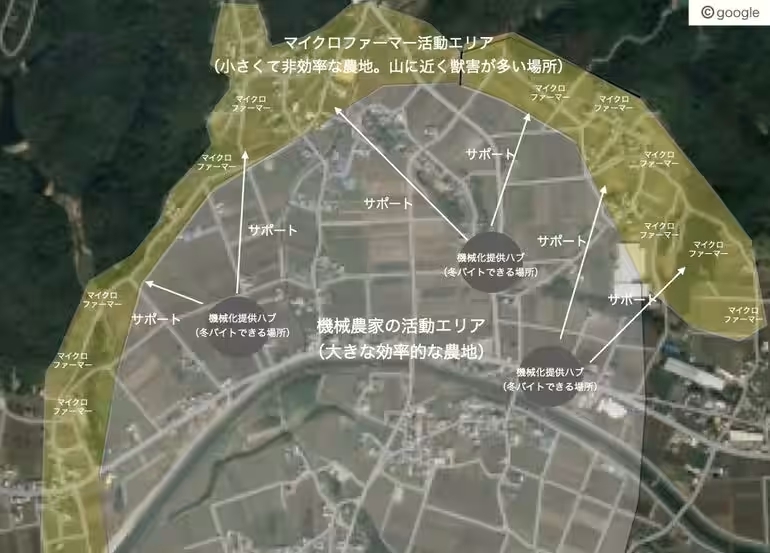
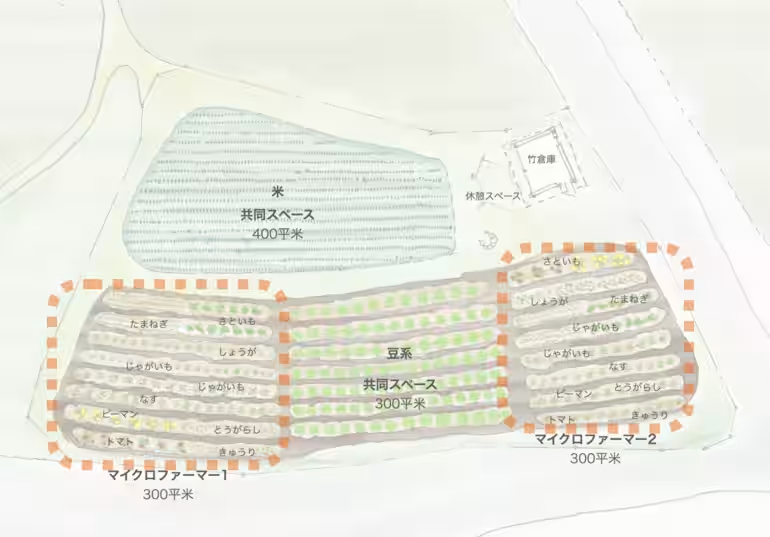

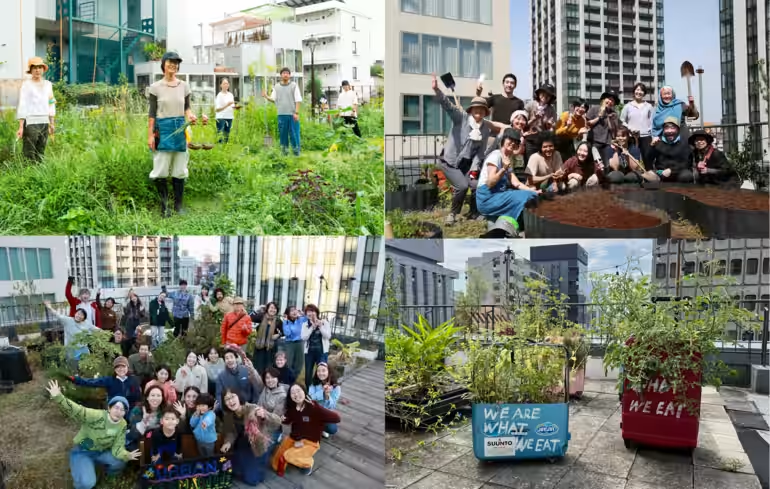
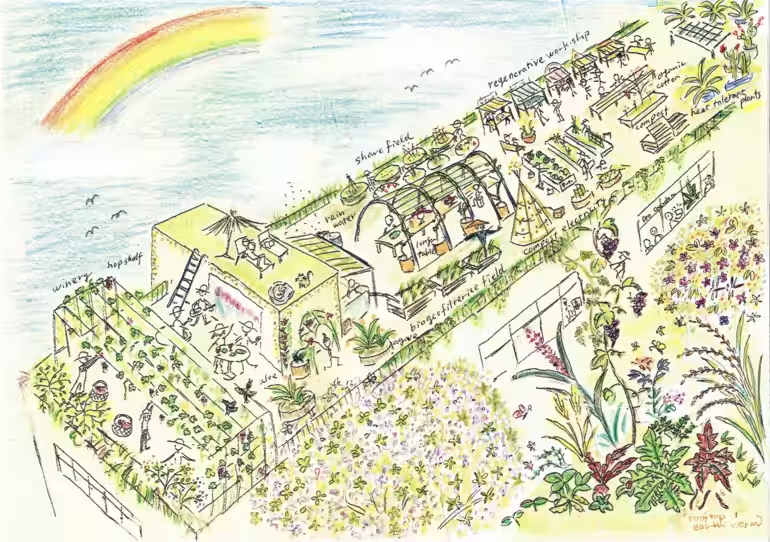
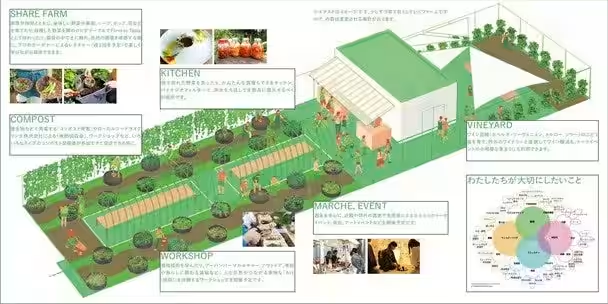
Topics Consumer Products & Retail)










【About Using Articles】
You can freely use the title and article content by linking to the page where the article is posted.
※ Images cannot be used.
【About Links】
Links are free to use.